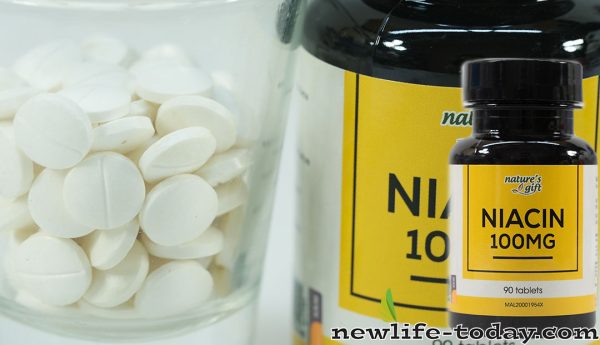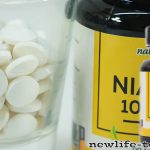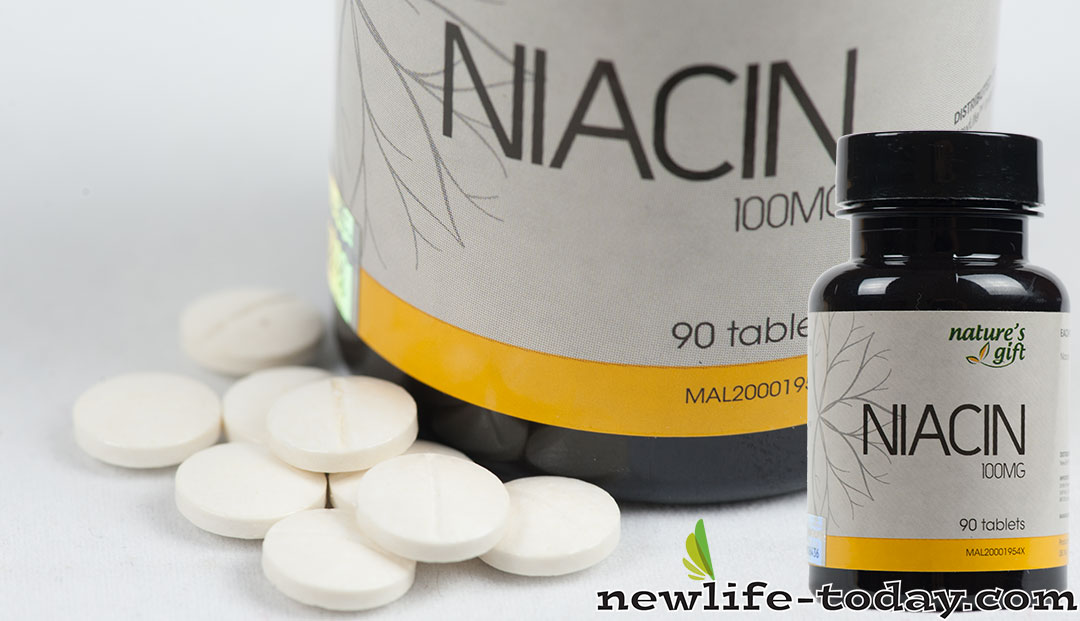Niacin, also known as vitamin B3 or nicotinic acid, is an essential nutrient that plays a key role in many important processes in the body. It is a water-soluble vitamin, which means that it is not stored in the body and must be replenished regularly through diet or supplements.
Niacin is involved in several metabolic processes, including the conversion of food into energy, the regulation of cholesterol and triglycerides, and the maintenance of healthy skin, nerves, and digestion. It is also believed to have anti-inflammatory properties and may help reduce the risk of certain chronic diseases, such as heart disease and diabetes.
Niacin can be found naturally in many foods, including meat, poultry, fish, whole grains, and legumes. It can also be taken as a dietary supplement, either alone or as part of a B-complex vitamin supplement.





![CoQ10 * 2 + Niacin + ACV [Promo] NewLife CoQ10 Plus Biosorb](https://newlife-today.com/wp-content/uploads/coq10.jpg)